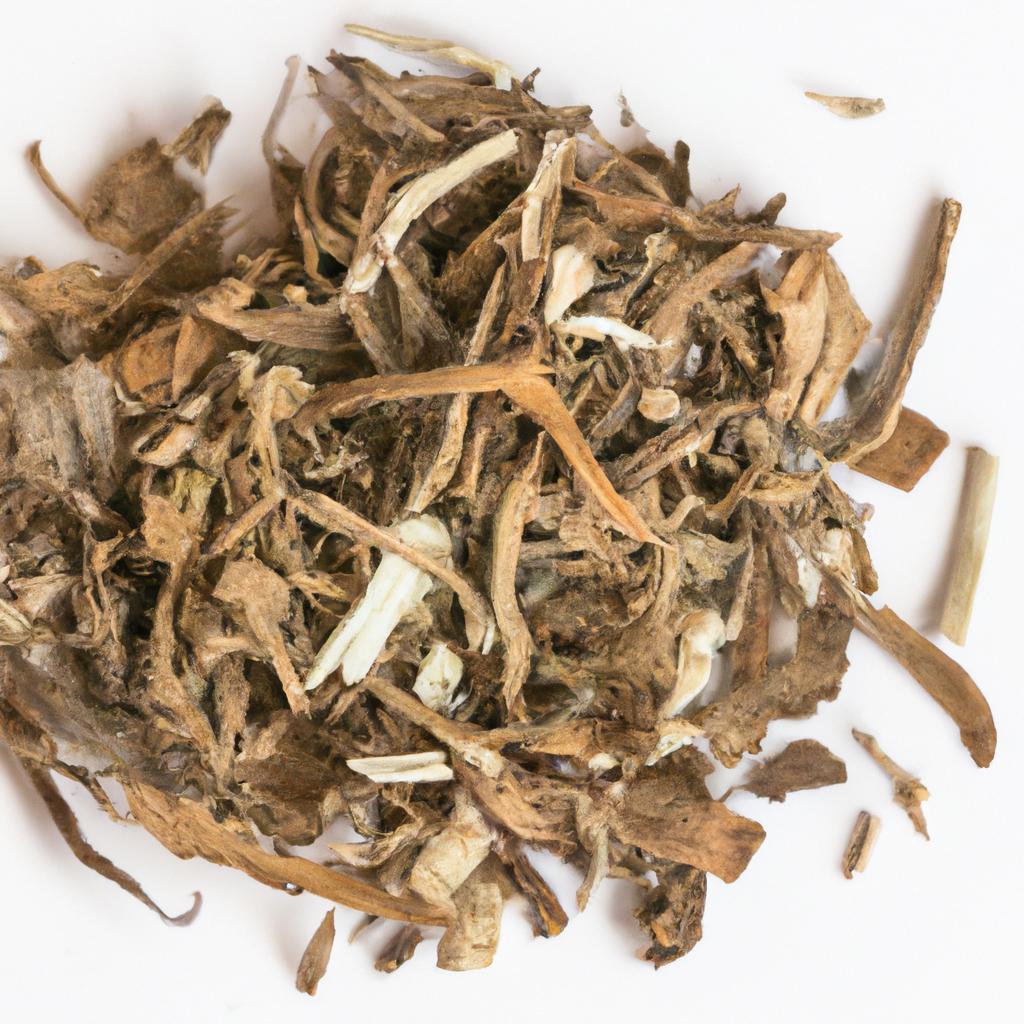Ancient Secrets: Adaptogens’ Journey Through Time
The Evolution of Adaptogenic Herbs in Traditional Medicine: A Historical Perspective
Adaptogenic herbs interest modern wellness enthusiasts. These plants root deeply in traditional medicine systems worldwide, enhancing their significance today.
What Are Adaptogenic Herbs?
Adaptogens are natural substances that help the body adapt to stress. They support balance and resilience. Common examples include ashwagandha, rhodiola, and holy basil. Each herb carries a unique history and cultural significance.
Historical Use of Adaptogens
Ancient Practices
People have used adaptogenic herbs for thousands of years. Ancient Chinese and Indian medicine recognized their powerful effects. Traditional Chinese Medicine included herbs like ginseng to promote vitality. Ayurveda used ashwagandha to enhance strength and endurance.
Practitioners focused on harmonizing the body with nature. They believed that certain herbs could restore balance and improve well-being. Observers noted how these plants helped people manage stress and recover from illness.
Middle Ages to the Renaissance
During the Middle Ages, herbal knowledge spread across Europe. Monks preserved ancient texts detailing herbal remedies. They cultivated herbs in monastery gardens for medicinal use. Eleutherococcus (Siberian ginseng) emerged in this era, praised for its restorative properties.
The Renaissance renewed interest in natural medicine. Physicians documented herbal knowledge in medical texts. They recognized that adaptogens could enhance mental clarity and physical performance. Consequently, these herbs gained popularity among scholars and the elite.
Modern Rediscovery of Adaptogens
20th Century Advancements
In the 20th century, scientists studied adaptogens rigorously. Russian researchers, particularly in the 1940s, focused on adaptogens’ effects on military personnel. They discovered that these herbs improved endurance and reduced fatigue. Their findings established modern understanding of adaptogens.
Western herbalists and naturopaths incorporated adaptogens into their practices. They recognized their potential to combat modern stressors. Consequently, adaptogenic herbs became more accessible to the general public.
The Wellness Movement
The late 20th and early 21st centuries saw a surge in holistic health practices. People sought natural solutions for stress and anxiety. Adaptogens gained popularity alongside this wellness movement. They became staples in dietary supplements, teas, and smoothies.
Today, social media amplifies the conversation around adaptogens. Influencers and wellness experts widely share their benefits. This exposure has made adaptogens a household name, encouraging exploration of their properties.
Benefits of Adaptogenic Herbs
Stress Reduction
Adaptogenic herbs regulate the body’s response to stress. They support adrenal function and promote hormonal balance. Consequently, individuals often feel more resilient and calm.
Enhanced Energy and Focus
Many adaptogens improve mental clarity and physical energy. For instance, rhodiola combats fatigue and enhances cognitive function. Users often experience increased productivity and improved mood.
Immune Support
Adaptogens bolster the immune system. Herbs like astragalus strengthen immunity and enhance overall health. Regular use results in fewer illnesses and faster recovery times.
Overall Well-Being
Incorporating adaptogens into daily routines improves overall well-being. They support mental and emotional health, leading to a balanced lifestyle. Many find they cope better with life’s challenges when using these herbs.
Tips for Using Adaptogenic Herbs
1. **Start Slowly:** Introduce one adaptogen at a time. This approach helps observe body reactions.
2. **Consult a Professional:** Speak with a healthcare provider before starting any new supplement. This step ensures safety and effectiveness.
3. **Choose Quality Sources:** Look for reputable brands that provide third-party testing. Quality matters for herbal supplements.
4. **Incorporate into Daily Life:** Add adaptogenic herbs to smoothies, teas, or meals. This integration helps reap their benefits.
5. **Listen to Your Body:** Pay attention to how you feel after using adaptogens. Everyone’s response varies, so adjust accordingly.
Conclusion
The evolution of adaptogenic herbs from ancient traditions to modern wellness reflects humanity’s enduring quest for balance. These powerful plants offer numerous benefits, including stress relief and enhanced energy. As we explore their potential, we must approach them thoughtfully and respectfully. By honoring their historical significance, we can integrate adaptogens into our lives for a healthier, more resilient future.
Below are related products to the topic if you’re interested:
FAQ
What are the main benefits of using adaptogenic herbs?
Adaptogenic herbs provide several benefits, including stress reduction, enhanced energy and focus, immune support, and overall well-being. They help regulate the body’s response to stress, improve mental clarity, bolster the immune system, and promote a balanced lifestyle.
How have adaptogenic herbs been used historically?
Adaptogenic herbs have been utilized for thousands of years in traditional medicine systems like Ayurveda and Traditional Chinese Medicine. They were recognized for their ability to enhance vitality, strength, and overall health. During the Middle Ages and Renaissance, herbal knowledge was preserved and adapted, leading to a renewed interest in these herbs for their restorative properties.
How can I incorporate adaptogenic herbs into my daily routine?
To incorporate adaptogenic herbs into your daily routine, start by introducing one herb at a time to observe your body’s reactions. Consult a healthcare provider before starting any new supplement, choose quality sources, and consider adding them to smoothies, teas, or meals. It’s also important to listen to your body and adjust usage based on your individual responses.















Post Comment